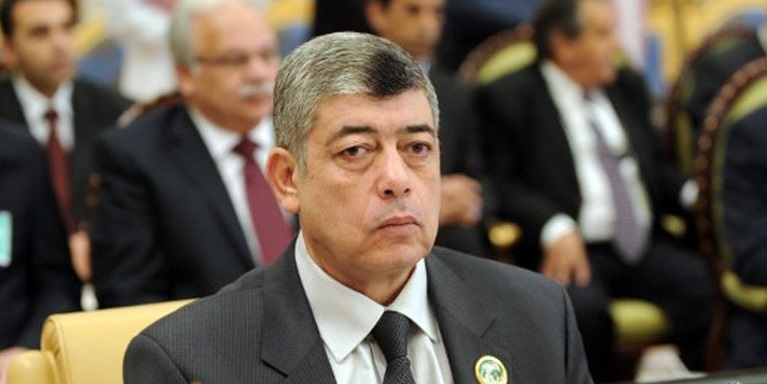By Shaimaa Raouf
Supporting the Egyptian economy, attracting investment, building human capital… These are the goals of the Egyptian Business Development Association (EBDA) and its professional training programme, according to Ahmed Seda, Director of Programmes for the Association.
Seda said that Egyptian workers are not properly trained and thus not competitive with workers in other parts of the world.
As such, EBDA started the “Kafa’a” (meaning “capability” in Arabic) project to help solve the problem.
He added that there are 62 government centres for training in the field of construction, but that the market is unable to absorb all the workers.
Ebdaa is prepared to sign agreements with the Ministry of Housing and to use its facilities for training in addition to participate in projects to provide curriculum and course materials.
The programme strives to increase the competence of professionals in order to raise Egypt’s competitiveness.
A recent report ranked Egypt at 129 out of 134 countries on a scale of global competitiveness.
The Kafa’a programme aims to train 700 youth in the field of building and construction.
EBDA will coordinate with companies in order to determine the areas in which they are in need of trained professionals and will provide training using modern curriculum.
EBDA hopes to produce professionals who are capable of meeting the demands of the Egyptian and global markets.
Seda said that EBDA’s business connections are what distinguish Kafa’a from other training projects.
As such, the Association is able to quickly assess the market’s needs and produce trained professionals capable of implementing their training immediately.
EBDA will select participants in the programme by submitting offers to graduates of industrial, technical, and business schools who are interested in working in the field of construction.
Interviews began last month and will continue until August.
Participants will be chosen based on their qualifications and their mental and physical preparedness to work in the field.
EBDA’s training programmes last between one and half months to seven months.
Graduates find work in construction companies, contracting companies, or as teachers.
EBDA is also working on obtaining accreditation for the Kafa’a programme’s degrees from the Department of Housing, the Scottish Qualifications Authority, and the European Union.
Seda estimated that the total cost of the project will be in the range of EGP 11m depending on the contributions of businesspeople and international grants.
There are, however, legal obstacles that threaten the Kafa’a project and other training programmes.
As an example, he noted that no law existed obligating companies to issue licenses to operators of heavy equipment.
EBDA plans on encouraging the vested authorities to reconsider making new laws to regulate the industry.



